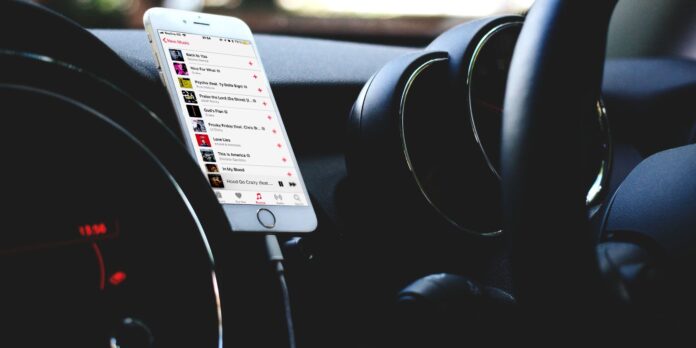Author: Marjolein D van der Zwaag 1, Chris Dijksterhuis, Dick de Waard, Ben L J M Mulder, Joyce H D M Westerink, Karel A Brookhuis
Date: 2012
Publisher: Ergonomics, 55
DOI: https://doi.org/10.1080/00140139.2011.638403
Mood can influence our everyday behavior, and people often seek to reinforce, or to alter their mood, by turning on music.
Music listening while driving is a popular activity. However, little is known about the impact of music listening while driving on physiological state and driving performance.
In the present experiment, it was investigated whether individually selected music can put drivers in a certain mood as well as maintain it during a simulated drive.
In addition, effects of positive, negative, and no music on driving behavior and physiological measures were assessed for normal and highly mentally demanding car rides.
Subjective mood ratings indicated that music successfully maintained mood while driving. Narrow lane width drives increased task demand as shown in effort ratings and increased swerving.
Furthermore, respiration rate was lower during music listening compared to rides without music, while no effects of music were found on heart rate.
Overall, the current study demonstrates that music listening in car influences the experienced mood while driving, which in turn can impact driving behavior. The current study demonstrates that in car music listening influences mood, which in turn, can impact driving behavior.
The current study shows that listening to music can positively impact mood while driving, which can be used to affect state and safe behavior. Additionally, driving performance in high demand situations is not negatively affected by music.
From primary research, the presence of music in the car is a commonly reported experience for all of the demographics explored. That being said, knowing the effects of this activity on the drivers’ experience as well as the passengers can help us gain a better understanding of how an experience with music can affect safety in a vehicle. It would be worth exploring how much less mentally demanding an autonomous vehicle experience may be for the operator of the vehicle, and whether or not music would be as influential or as necessary as proposed in this document. Perhaps the common experience of listening to the radio may be phased out as vehicles become more autonomous and drivers are able to do more cognitively demanding tasks instead of driving, perhaps such as watching a film or getting a work project finished.
van der Zwaag, M. D., Dijksterhuis, C., de Waard, D., Mulder, B. L., Westerink, J. H., & Brookhuis, K. A. (2012). The influence of music on mood and performance while driving. Ergonomics, 55(1), 12–22. https://doi.org/10.1080/00140139.2011.638403




